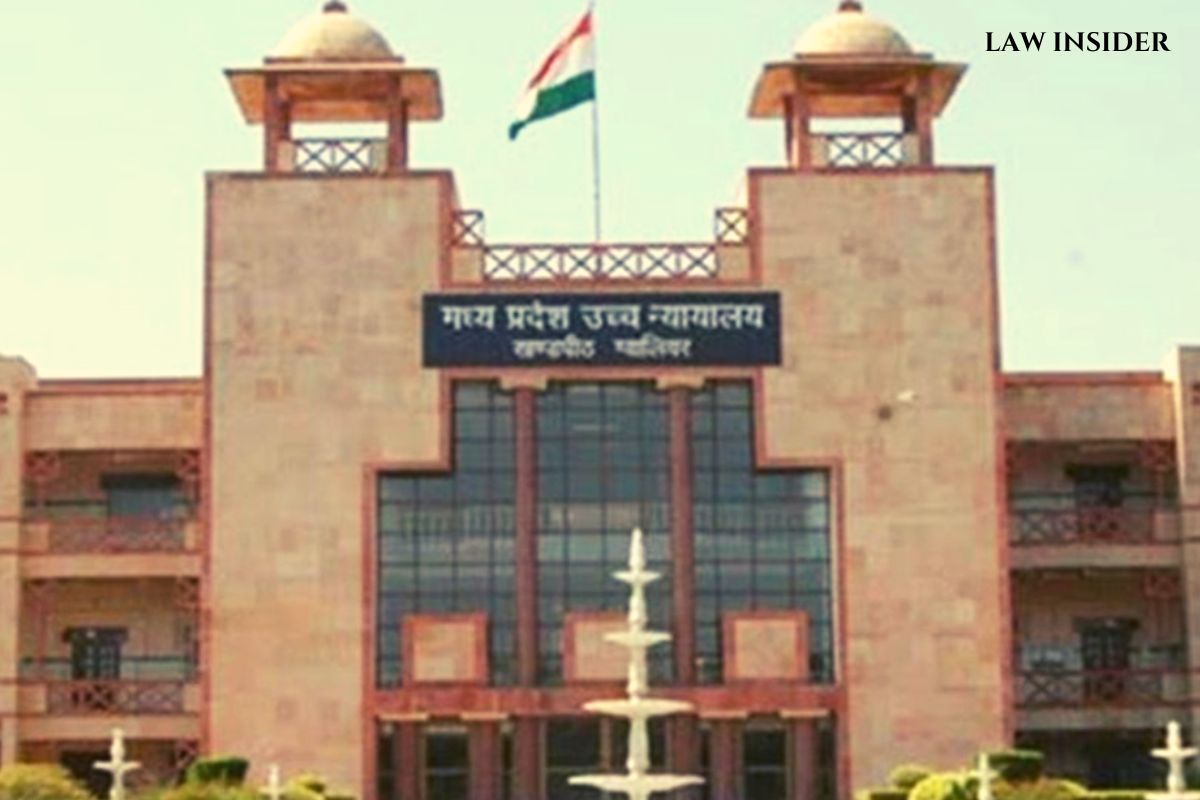LI Network
Published on: October 30, 2023 at 12:18 IST
The Madhya Pradesh High Court, Indore Bench, has emphasized the significance of concrete evidence in implicating an individual in a criminal case.
The court reiterated that an individual cannot be indicted in an FIR and final charge sheet solely based on the disclosure statements of co-accused, as outlined in Section 27 of the Evidence Act.
This crucial decision was handed down by Justice Pranay Verma, who quashed the FIR and subsequent proceedings related to offenses under the Narcotic Drugs and Psychotropic Substances Act (NDPS Act). The ruling sheds light on the importance of evidence in criminal proceedings.
The petitioner in this case had been implicated primarily on the basis of the disclosure statement made by a co-accused under Section 27 of the Indian Evidence Act.
This statement claimed that the petitioner, along with other co-accused individuals, had approached the co-accused for the transportation of contraband. However, the court identified several significant points that raised doubts about the validity of these allegations.
Firstly, no contraband was found in the possession of the petitioner. Secondly, the petitioner was not the owner of the vehicle used for transporting the contraband, nor was he present in the vehicle when the other accused was apprehended.
Furthermore, call details did not indicate any connection between the petitioner and the other co-accused. Given the lack of tangible evidence beyond the co-accused’s confessional statement, the court decided to exonerate the petitioner from the charges presented in the final charge sheet.
The court’s decision was rooted in a thorough examination of the case diary and the charge sheet. It concluded that there was no substantial evidence collected by the prosecution against the petitioner, except for the statements made under Section 27 of the Indian Evidence Act by the other co-accused.
This verdict aligns with the court’s directive in Dilip Kumar v. State of M.P (2022), which emphasized the need to assess the evidence against the accused independently of any confessions and determine if a conviction could safely rely on it.
The prosecution’s case revolved around the apprehension of one co-accused traveling in a truck on the Mandsaur Highway. Following a tip-off, the police apprehended this individual and found 125 bags of poppy straw, weighing 250 quintals, in the truck.
Subsequently, a statement was recorded under Section 27, in which the arrested co-accused claimed that the petitioner and others had approached him for contraband transportation. Based on this disclosure statement, the petitioner was also charged for various offenses.
This verdict by the Madhya Pradesh High Court underscores the importance of substantial evidence in criminal cases. It serves as a reminder that mere disclosure statements from co-accused, without additional concrete evidence, are insufficient to implicate an individual in a crime.
The court’s decision aligns with the principles of justice and fairness in criminal proceedings, emphasizing the need for strong, reliable evidence to establish guilt.

